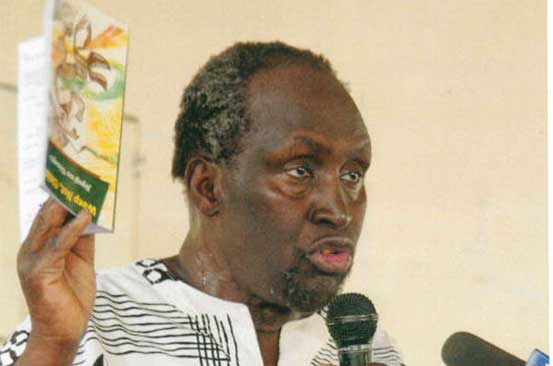×
The Standard e-Paper
Fearless, Trusted News

I strain nowadays to read the so-called literary criticism by self-glorified critics. Their criticism — more of personal attacks — is puzzling! They have perfected the art of slamming everyone involved in the creation of books while claiming competent knowledge of all texts.
They insult everyone they address and in return, direct their targets to observe decorum in their responses.